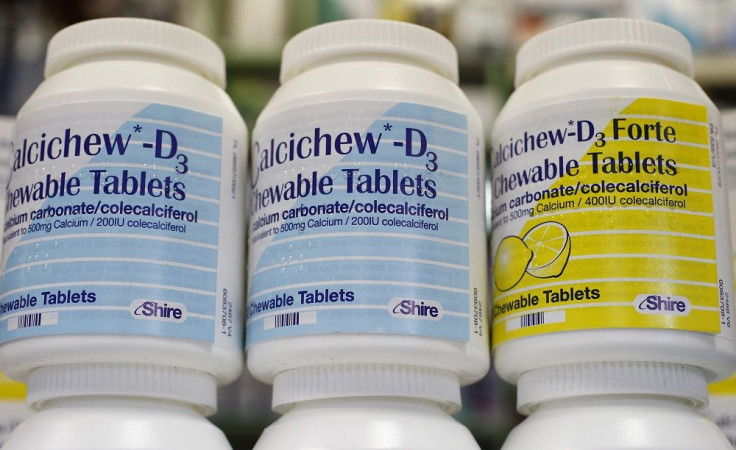UK study says vitamin D3 supplement daily improves blood-pumping performance of damaged hearts

Taking vitamin D daily could improve the blood-pumping performance of damaged hearts, says a new UK study. The research had 223 participant who had been treated for heart failure and are using different proven drug treatments and pacemakers.
After taking vitamin D3 supplements every day for one year, they showed an improvement in heart function not experienced by those who took placebo, reports The Telegraph. The finding is first evidence that vitamin D3 could improve heart function of patients with heart muscle weakness, or heart failure, says Dr Klaus White from the School of Medicine at Leeds Teaching Hospitals NHS Trust and lead scientist.
White presented the research, published in the Journal of the American College of Cardiology, on Monday at the American College of Cardiology’s 16th Annual Scientific Session in Chicago. Only 163 of the 223 patients completed the study.
To measure the improvement, the researchers measured the change in six-minute walk distance from baseline to 12 months and change in left ventricular ejection fraction after one year. The ejection fraction measures how much blood is pumped from the heart with each heartbeat, explains The Telegraph.
The average ejection fraction of the patients averaged 26 percent, but after taking vitamin D3 supplements, it improved to 34 percent. It is about half of the ejection fraction of a healthy person which is usually between 60 and 70 percent.
But the supplement had no effect on the six-minute walk distance. The authors note that chronic heart failure patients often suffer from vitamin D deficiency. Low levels of vitamin D are linked with more severe disease and worse outcomes in patients, the researchers add.
The author notes that new therapies for serious chronic conditions, including chronic heart failure, are often costly, more technical and often fail to meet of rigorous demands of large phase 3 clinical trials. “Vitamin D might be a cheap and safe additional option for chronic heart failure patients and may have beneficial effects on multiple features of the syndrome,” the authors state.

A cheap source of vitamin D is sunlight, but could also be found in small amounts in few foods, including fatty fish such as herring, mackerel, sardines and tuna, according to WebMD.





















